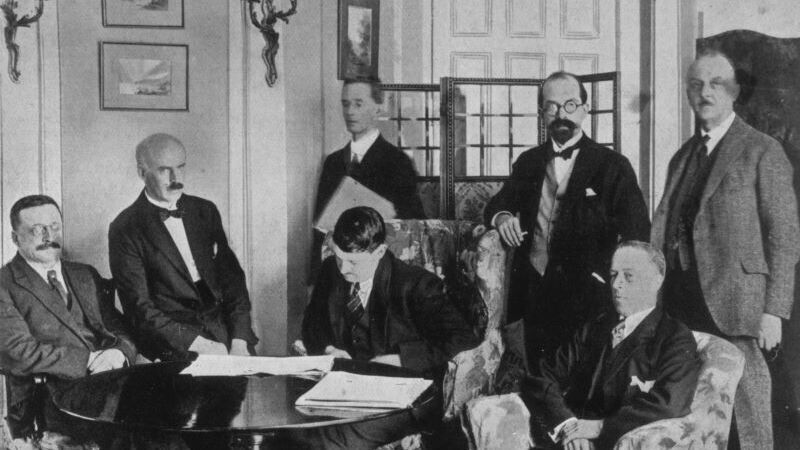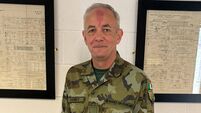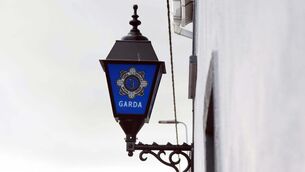Many killings were both brutal and unprovoked

Former policemen were targeted throughout the country.
“Many of the greatest successes we gained were gained entirely by true men who stood for us in the enemy service,” Collins declared in April. But all the police appeared to become targets for those sunshine patriots known as “the Trucileers”.













